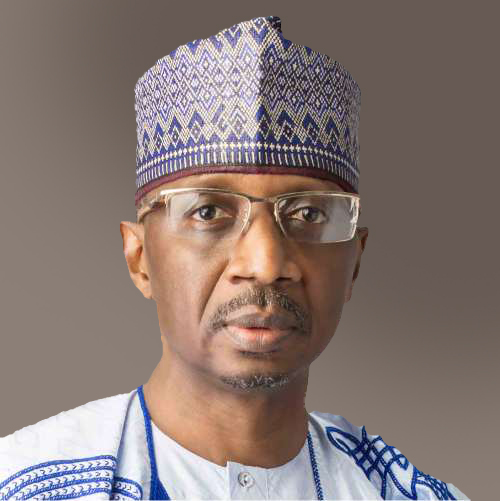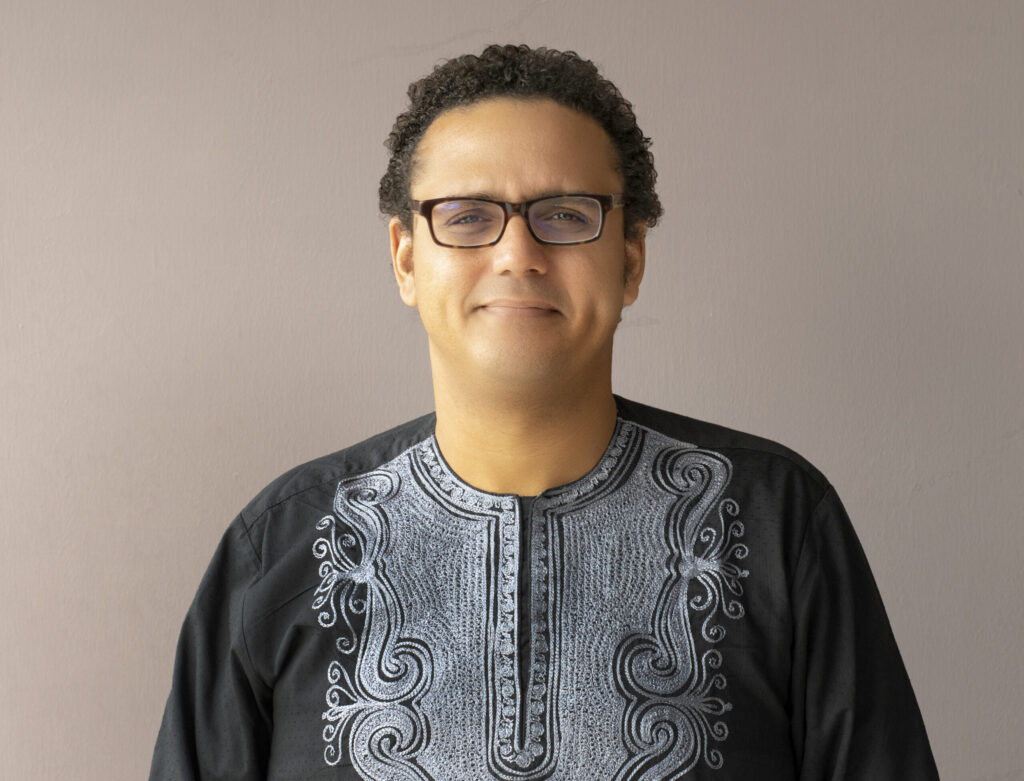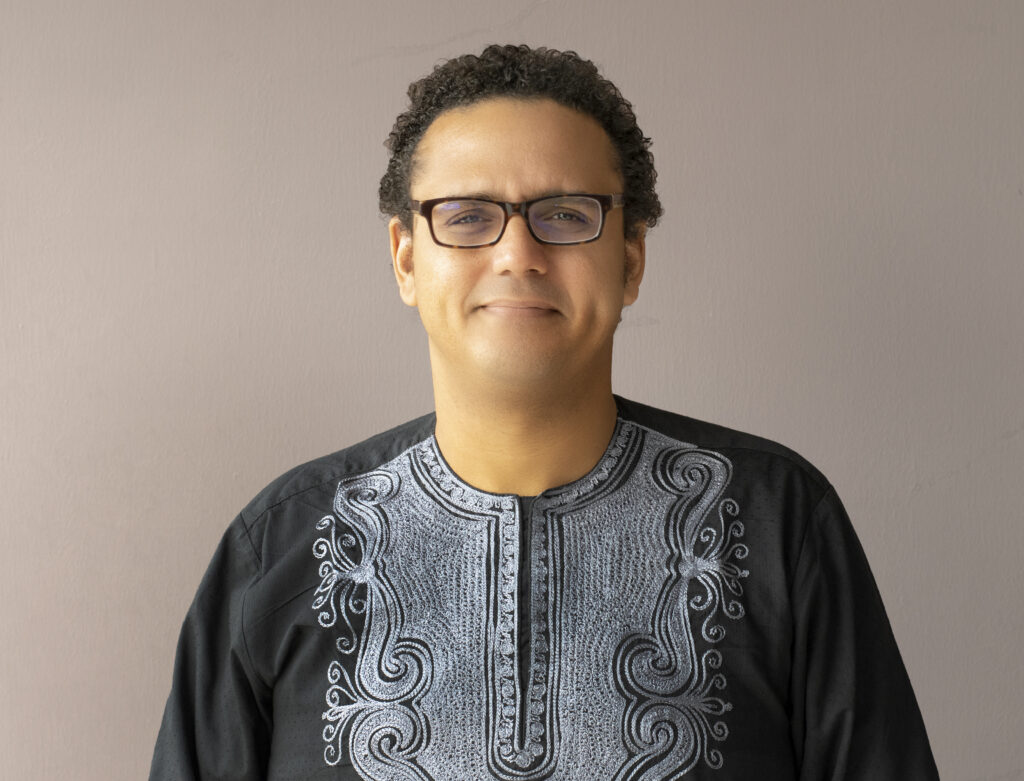
According to multiple research data, one in fifty Nigerians are snail farmers in Nigeria. Although, a larger percentage of snail farming in Nigeria is done through the traditional practice of handpicking snails from bushes or the forest during the rainy season. This leads to scarcity during the dry season, during this period the weather isn’t friendly for snails and causes them to go back into hiding.
During this season, the supply of snail to the market is solely dependent on the smaller percentage of snail farmers who have farms where they rear snails. Due to the limited number of snail farmers in Nigeria, there is a huge gap between demand and supply which intending snail farmers like yourself can close and make profit.
There are a ton of things you should consider before setting up your snail farm and most importantly, make sure you are ready to expend your time and energy in the long run, because farming takes up a lot of those. You should also, understand that, like every other types of farming such as maize farming and poultry farming, which we’ve previously shared a step by step guide about, snail farming requires consistency.
How to Get Started With Snail Farming in Nigeria
Setting up a snail farm does not require a huge capital to set up and the running cost is moderate.
To get started with snail farming, take the considerations below into account.
The reality in any business or enterprise is that, without proper planning ( crossing the T’s and dotting the I’s), a person could face a myriad of problems.
Of course, challenges will surface regardless of how experienced you are in the field, but those challenges won’t be overwhelming if you have anticipated them beforehand.
• Consider housing and shelter

What is snail farming?
Snail farming is called Heliculture. Heliculture describes the process of raising snails for consumption.
Each snail has female and male reproductive organs to procreate fertile eggs. Hence, it is safe to say that snails are Hermaphrodites.
As for the nutritional benefits, snails are a vital source of calcium, phosphorus, iron, and protein. Also, snails are low in cholesterol, sodium, and fats.
Considered a sustainable agribusiness in Nigeria, snail farming is highly economical. For a small start-up, you just need a little investment to receive proceeds from your snail farm. However, to get higher returns from the business, you should be ready to step up your investment to a larger scale.
Economics of snail rearing
Because snail is an export commodity, its value is especially high in countries outside Nigeria. The climate in Nigeria is particularly favorable for snail breeding.
Snail feeds are cost-effective, and you can rear your snails as a part-time job. As a result, you can easily make a lot of money from snail farming. During the dry season, snail prices increase, which means more money for you.
Here’s a realistic sample to help you:
For instance, if you want to set up a commercial snail business of about 200 snails, you will need N140,000. N40,000 out of the money will go to the snail pen, and N100,000 will be used for the seed snails. One mature snail can give you proceeds of N250 to N800 in the market based on the size and season.

Understanding Snail breeds
Snails come in various species, colors, sizes, and shapes. In Nigeria, we have the African land giant snail (Achatina achatina), which is the most popular because of its economic size, there is the Burgundy snail (Helix pomatia), the garden snail (Cornu aspersum), the white garden snail (Theba pisana), and the milk snail (Otala lacteal).
Feeding
Make food and water available for your snails in the morning and night every day. You can feed your snails with plantain, pumpkin, potato, lettuce, pawpaw, cabbage, banana, cucumber, etc.
Snails commonly feed on meal leftovers and green leaves without salt. Calcium is also vital for the growth of their shells. So ensure you add limestone, and egg shells to their feeds.
Other ideal staples for snail feeds include; corn, pap, beans, and rice, all without salt. Calcium is crucial in feeding snails because it boosts snails’ growth rate and produces thicker shells.
Housing
Snails need comfort to thrive. The size of the snails’ house will determine how comfortable the snails will be. Also, the style and size of the snail house are dependent on the size of your snail farm.
If you plan to venture into commercial farming, get a permanent site for your snail farm. Besides nets, people rear snails in boxes made of wood and wire gauze, depending on the stage of the snails’ development and habits.
When you find what works for your snails, sort them by age. Separate them into mature, young, and newly hatched, and make sure the younger nails have a comfortable shelter that protects them from predators. Also, keep the temperature around the snails regulated with cloth and leaves to prevent dehydration.
Soil type
The soil is the snails’ primary habitat, and is essential for their survival because of the chemical components present in it. You want to go for sandy-loamy soil because of the high level of organic matter it contains. This type of soil is also a suitable place for snails to lay their eggs and drink water because of its balance.
Pests and diseases
Common predators of snails include; turkeys, geese, chickens, ants, snakes, lizards, and termites. Snails are not associated with many diseases, but it is common to find issues of bacteria and fungi due to overcrowded pens.
Toads, frogs, birds, weasels, skunks, moles, mice, and rats are carriers of fungi, nematodes, and fungi, which can spread by contact. Make sure you pay attention to pest activity and remove your snails from the pens when necessary.
Reproduction
When snails are sexually mature – between 8 to 12 months after hatching, they lay eggs that hatch between 4 and 6 weeks.
There is no specific breeding period for snails, but you can expect anything from 5 to 6 clutches of eggs yearly. In each clutch, there’s an average of 200 eggs, only if you place them under suitable conditions.
The young snails can stay in the soil for 5 days after hatching. Upon hatching, put them in a separate pen from the mature snails to grow with adequate space and protection.
This stage may be cumbersome, but the market value and fertile nature of the snails will compensate you for the long maturity period.

Harvesting
Snails take an average of two years to reach full maturity. If you want to know whether or not the snail is mature, inspect the brim of the shell. Snails with a hard and thick shell are mature. Make sure you harvest snails only when they are mature.
Now, this is when things get tricky.
When harvesting your snails for market sale, keep some for future breeding. The snails you set aside for breeding will be the base stock. You can harvest snails with the help of baskets, boxes, bowls, and containers.
Building the Snail Farm
Now that you have understood the considerations before venturing into snail farming, it is time to build your snail farm. It is after constructing the snail pen that you can get your snails.
Before you start building the snail farm, examine the snails to know that they are healthy, mature, and capable of producing many eggs before purchasing them.
Also, ensure you get enough snails for the size of your farm. Large-sized snails will take one square meter each, while smaller snails can take six snails per square meter.
Here’s what you’ll need to build the snail farm:
- Water – If it doesn’t rain, spray down the leaves and ground of your snail farm with a spray bottle, but don’t flood the farm.
- Fruits, vegetables, and leafy greens – Plant all things green on your snail farm for the snails to feed on.
- Shovel – Dig a trench to station your wooden fence.
- Sandy-loamy soil – choose sandy-loamy soil as it contains all the nutrients your snails need. Also, pick the weeds on the farm because they can affect the growth of the veggies you plant.
- Staple gun – Pin the fencing material(wire mesh or net) around the wooden posts.
- Wooden posts – Place the foot of your wooden posts inside the trench you dug.
- Fencing material – Wrap some net or wire mesh around your wooden posts and staple them so your snails don’t escape.






This is so wonderful to learn about snails farming.
How do you recognize male and female snails?
Hi Samuel,
Thank you for your thoughtful question.
There are no male or female snails because they are hermaphrodites i.e. they have both the male and female reproductive system.
Thank you for this important lesson on snail farming.
Its expository and very helpful.
Thanks for this amazing article.
Please how can I Build the pen, I mean the place I should put them I need to see how it spouse to look.
Thank you
I am interested on the farming. Please where and how do I get snails to kick start the farming.